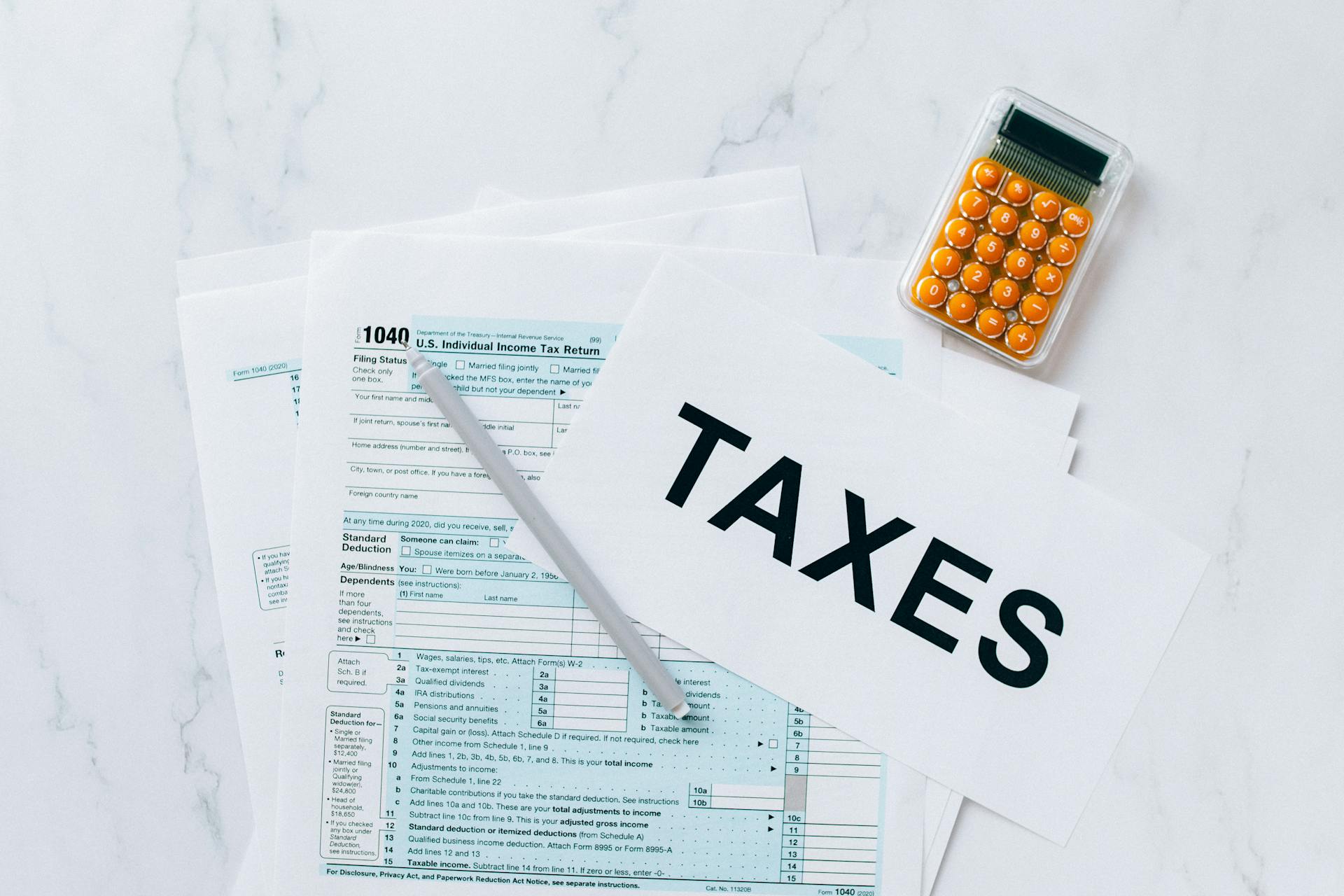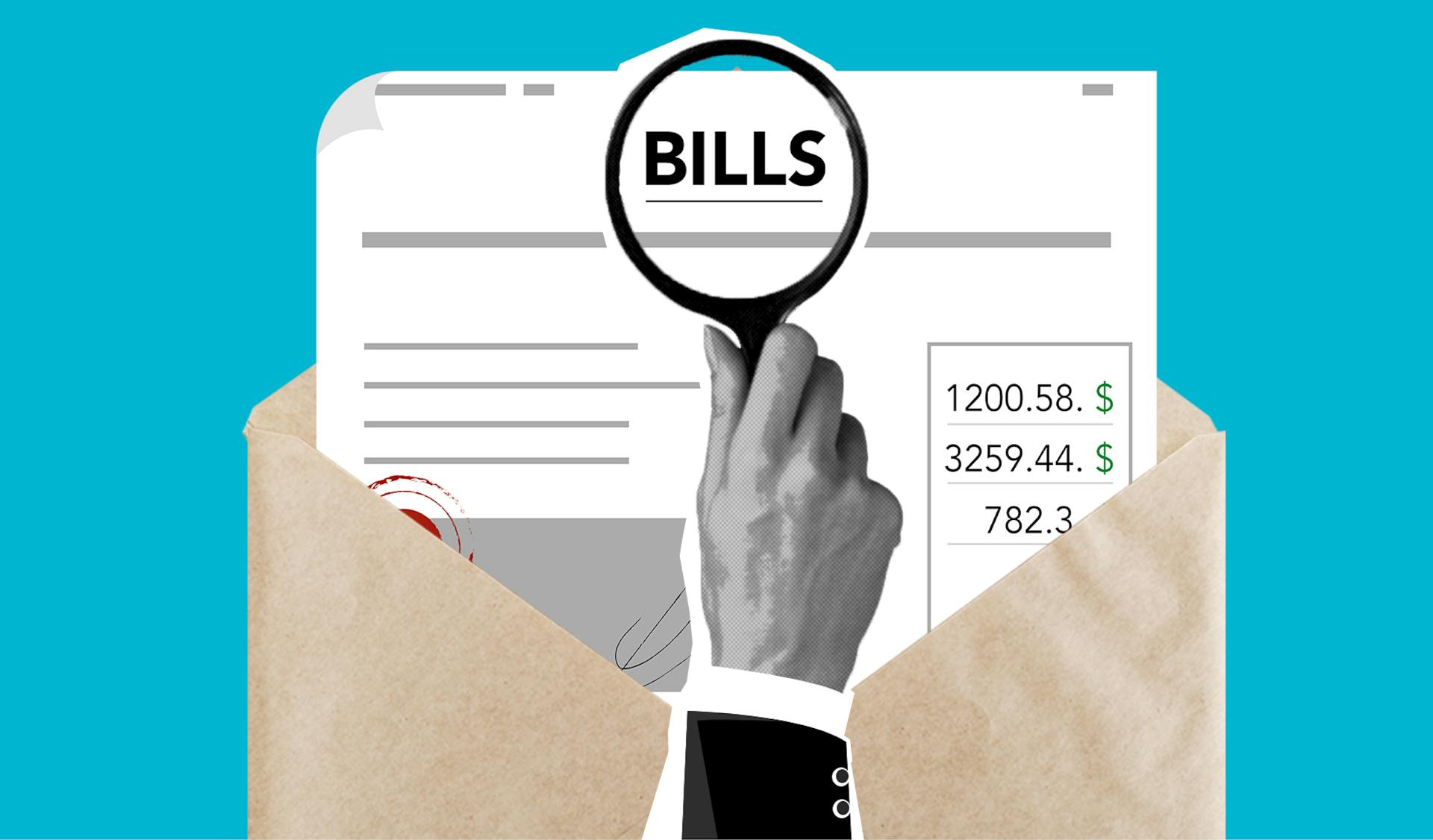
Tax lien investing is an exciting and potentially lucrative way to invest your money. If you've ever considered investing in real estate, tax lien investing is a great alternative that can provide excellent returns with minimal risk. Unlike traditional real estate investing, where you're buying properties, you're buying tax lien certificates.
March 30th, 2023 is the deadline for delinquent property owners to pay their taxes or face the consequences of having a tax lien placed on their property. As an investor, you have the opportunity to purchase these liens at a discounted rate and collect the interest and penalties if the owner fails to pay. This makes tax lien investing an attractive option for those looking to get into real estate investing without the high upfront costs.
In this ultimate guide, we'll explore everything you need to know about tax lien investing including discovering tax liens, how to buy them, and tips for maximizing your returns. Whether you're new to real estate investing or a seasoned pro looking for a new opportunity, tax lien investing could be just what you've been looking for.
Expand your knowledge: Investment Property
Discovering Tax Liens: Your Ultimate Guide

If you're looking for an investment opportunity, tax lien investing may be your answer. Tax liens are a legal claim placed on a property when the owner fails to pay government-owed taxes. By purchasing a tax lien certificate, you essentially become the lender for the unpaid amount properties owner owes to the local government.
Tax liens can be a profitable investment because they offer fixed returns and are backed by the property itself. However, it's crucial to do your research before investing because each state has its own regulations and procedures regarding tax liens. With careful consideration and understanding of the amount owed and legal claims involved, tax liens can be a valuable addition to any investment portfolio.
1. Tax Liens Vs. Mortgage Liens
Tax liens and mortgage liens are two completely different things. A mortgage lien is a type of lien that is placed on a property as collateral for a mortgage loan. On the other hand, tax liens are placed on properties by the government when property taxes are not paid. Tax lien certificates allow investors to claim ownership of the property if the owner does not pay back the taxes owed, while mortgage liens give lenders priority in being paid back if the property is sold or foreclosed upon.
2. See What You Qualify For
Are you interested in tax lien investing but unsure if you qualify? Take the first step and see what you're eligible for by checking your credit profile and home description. If you're a first-time homebuyer or looking to navigate the home loan process online with Rocket Mortgage, there are options available for you. Simply provide your contact information and our privacy policy ensures your data is kept safe. Congratulations! Based on your results, claims related to tax liens can be resolved by clicking on the sign-in page where relevant tabs will automatically pop up in accordance with the Telephone Consumer Protection Act.
Readers also liked: Tax Deductions for Homeowners
Discover the key takeaway: The importance of the bottom line

Tax lien investing is a powerful yet oft-overlooked way of generating a decent return on your investment. For those who are unfamiliar with the concept, tax lien investing involves purchasing the rights to unpaid property taxes in exchange for a potentially high rate of return. The beauty of tax lien investing is that it doesn't require thousands of dollars to get started - in fact, you can start saving tax lien certificates for as little as a few hundred dollars.
The bottom line is this: if you're looking for an alternative way to invest your money that doesn't involve sinking years worth of savings into a home mortgage, tax lien investing might just be the solution you've been looking for. By using AI-powered investment strategies like those available from QAI, you can make informed decisions about which properties to invest in and when to sell your tax liens at maximum profit. So why not download QAI today and start exploring the world of tax lien investing?
The Perils of Tax Lien Investing: Is it Worth the Risk?

The flip side of tax lien investing is the risk involved. While it may seem like an easy way to make money, investors need to be aware of the potential pitfalls. For example, if a homeowner declares bankruptcy, the investor may not get paid back and could lose their investment altogether.
Additionally, there are local laws and regulations that vary by state and county. It's important for investors to do their research and consult with a real estate lawyer before purchasing tax lien certificates. Despite the perils of tax lien investing, it can still be worth the risk as long as investors understand the potential downsides and take steps to protect themselves. Ultimately, it comes down to individual circumstances and whether the actual property is worth the investment.
Begin Investing in Tax Liens: A Guide to Your First Steps

Are you considering tax lien investing? It can be a great way to earn money through real estate without actually buying property. Before you start, it's important to research ahead and fully understand what's involved. To begin, contact your local tax revenue office - they'll have information on upcoming tax lien auctions for both single-family homes and commercial properties.
Once you've decided which auction to participate in, the next important step is understanding what's required of you. To bid and finally make a purchase, you'll need to have payment requirements in place. The bidding process can be competitive, so it's essential to come prepared with a maximum amount in mind.
Finally, make sure you fully comprehend the foreclosure process associated with owning a tax lien certificate. While they can be a profitable investment, it's also vital that you understand the risks and potential drawbacks. With proper research and careful consideration, investing in tax liens can be an exciting way to build your real estate portfolio.
Discover the Fundamentals of Tax Lien Investments
Tax lien investing is a practical way to earn money through real estate. When property owners do not pay their tax bill, municipalities are forced to auction off delinquent real estate tax liens to private investors. These certificates allow private sector investors to buy the liens and eventually receive the full amount plus interest when the property owner pays back their taxes.
There are currently 29 states and Washington DC that offer this investment opportunity. The National Tax Lien Association represents both governments and institutional tax lien investors, while servicers help manage these investments. It's important to understand the fundamentals of tax lien investments before diving into this profitable market.
1. Investors have to bid for the tax lien in an auction
Tax lien investors have to bid for the tax lien in an auction. The process works depends on the specific municipality, and would-be investors should research their local area carefully before investing. The national tax lien association recommends contacting tax officials to learn more about the delinquent taxes available for bidding. Winning bids are typically awarded to the bidder offering the lowest interest rate beneath the maximum rate that the municipality establishes. As interest rates fall, winning bids may be awarded based on the highest cash amount above the lien amount, rather than simply the lowest interest rate.
2. The winning bidder pays the balance and handles foreclosure proceedings
When an investor isn't able to pay their tax debt, the government puts a lien on their property. This lien is then auctioned off on the stock exchange to investors, with the winning bidder paying the entire tax bill including delinquent debt interest. If the property owners don't repay the tax debt during the redemption period, which is typically one to three years, they're required to go through the foreclosure process and assume ownership of the property. As a tax lien investor, it's important to work with a consultant like Joanne Musa who can guide you through this complex process and help you make smart investment decisions.
The Pros And Cons Of Investing In Tax Liens

Tax lien investing can be a profitable way to invest your money, but it's not without its risks. One of the main benefits is that tax liens offer a high rate of return, often up to 18%. Additionally, you don't need a lot of capital to get started - in some cases, you can invest as little as a few hundred dollars. However, there are also some downsides to consider. For example, tax liens are considered low liquidity investments and may take several years to mature. Additionally, if the property owner doesn't pay the taxes owed, you may be forced to foreclose on the property in order to recoup your investment.
1. The Pros Of Tax Lien Investing
Tax lien investing can offer high interest rate returns to investors, as homeowners pay delinquent tax bills interest rates that vary depending on the state. The maximum interest rate is typically fixed and set by the state, so you'll receive a guaranteed return on your initial investment. Passive tax lien investing requires research upfront, but it can be a significant amount less than actively managing properties. National Tax Lien Association professionals or fund managers can assist with a passive investing experience in tax liens.
2. The Cons Of Tax Lien Investing
While tax lien investing can be profitable, there are cons to consider. It requires substantial research to find profitable tax liens and expiration dates for tax lien certificates must be monitored. Additionally, there is upfront work required to initiate communication with the homeowner if they don't pay their tax bill, and if neglected properties have potential liens, the tax lien investor becomes responsible. Tax lien investing is more suitable for experienced investors or commercial institutions and hedge funds who can outbid individual investors.
Frequently Asked Questions
What are the risks of tax lien investing?
Tax lien investing carries the risk of not earning a return on investment if the property owner redeems the lien. Additionally, there is a possibility of acquiring liens on properties with little to no value or those with outstanding mortgages that take priority over tax liens.
What is tax lien and its implications?
A tax lien is a legal claim by the government to your property for unpaid taxes. It can negatively impact your credit score, make it difficult to sell or refinance your property, and lead to foreclosure if left unpaid.
Is buying tax liens a worthwhile investment?
Buying tax liens can be a worthwhile investment as they offer the potential for high returns, but it also comes with risks such as the possibility of properties not being sold or redeemed. It is important to do thorough research and understand the process before investing in tax liens.
Should you invest in tax liens?
Investing in tax liens can be a profitable venture, but it also involves risks and requires thorough research. It's important to understand the process and potential challenges before making any investment decisions.
What are tax liens?
Tax liens are legal claims placed on a property by the government when the owner has unpaid taxes. They can affect the owner's ability to sell or refinance the property and can lead to foreclosure if not resolved.
Featured Images: pexels.com

